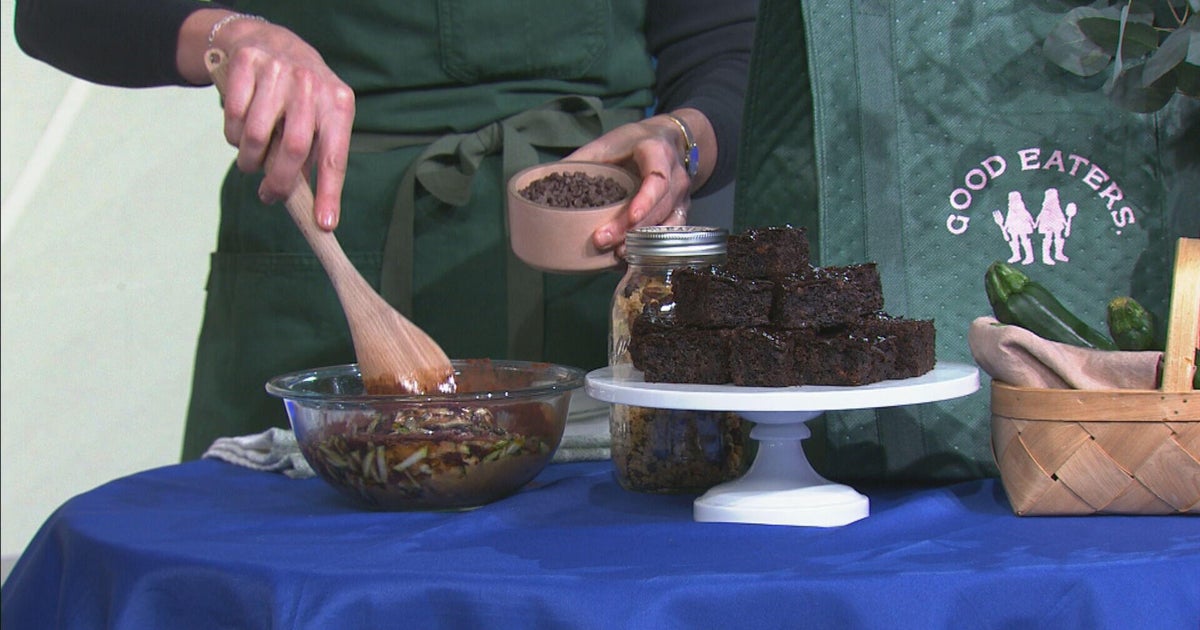Good Question: What's The Difference Between Sugar & High-Fructose Corn Syrup?
MINNEAPOLIS (WCCO) -- This week, sugar makers and corn refiners began another round in their billion dollar court battle. Each maintains the other side has made false claims in the highly competitive sweetener market.
So, what is the difference between high-fructose corn syrup and sugar? Good Question.
High-fructose corn syrup was introduced in the U.S. in the 1970s because it was cheaper and easier to handle. It's a sweetener that's derived from corn, but differs from regular corn syrup.
First, the corn is heated and turned into corn syrup. That syrup is then treated with an enzyme to make it into high-fructose corn syrup.
"They use the enzyme to change some of the glucose to fructose and they can get a syrup that has 55% fructose and 45% glucose," said Dr. Julie Miller Jones, Professor Emerita of food science and nutrition at St. Catherine University.
Sucrose, or what we know as table sugar, is comprised of 50% fructose and 50% glucose. It's derived from sugar beets or sugarcane.
"The bottom-line is that high-fructose corn syrup is the same as sugar," said Gary Reineccius, a professor of food chemistry at the University of Minnesota.
The two are considered to have similar sweetening power. Both are found in common food items, including, candy, cakes, ketchups and salad dressings. High-fructose is more likely to be found in drinks like soda.
"In terms of health, they're absolutely the same," said Miller Jones. "You need to use each one judiciously, that's the message I'd like to drive home."
On its website, the Food and Drug Administration writes, "We are not aware of any evidence, including the studies mentioned above, that there is a difference in safety between foods containing HFCS 42 or HFCS 55 and foods containing similar amounts of other nutritive sweeteners with approximately equal glucose and fructose content, such as sucrose, honey, or other traditional sweeteners."
In 2011, several large sugar producers sued corn refiners. They were upset with an advertisement from the corn refiners trade association that described high-fructose corn syrup as "natural" and "corn sugar." The corn refiners later countersued.
"This case is about false advertising, pure and simple. The lawsuit aims to stop the corn processors' false advertising so that families know the truth about the food they buy," said Mark Lanier, lead attorney for the sugar growers, in a statement.
In 2012, the Food and Drug Administration rejected the corn refiners' request for corn syrup to be called "corn sugar."
In a statement from the Corn Refiners Association reads, in part, "Corn sweeteners, like sugar and honey, are natural and meet the Food and Drug Administration's policy for use of the term 'natural.' Under FDA rules, 'natural' means that 'nothing artificial or synthetic (including all color additives regardless of source) has been included in, or has been added to, a food that would not normally be expected to be in the food.'"







